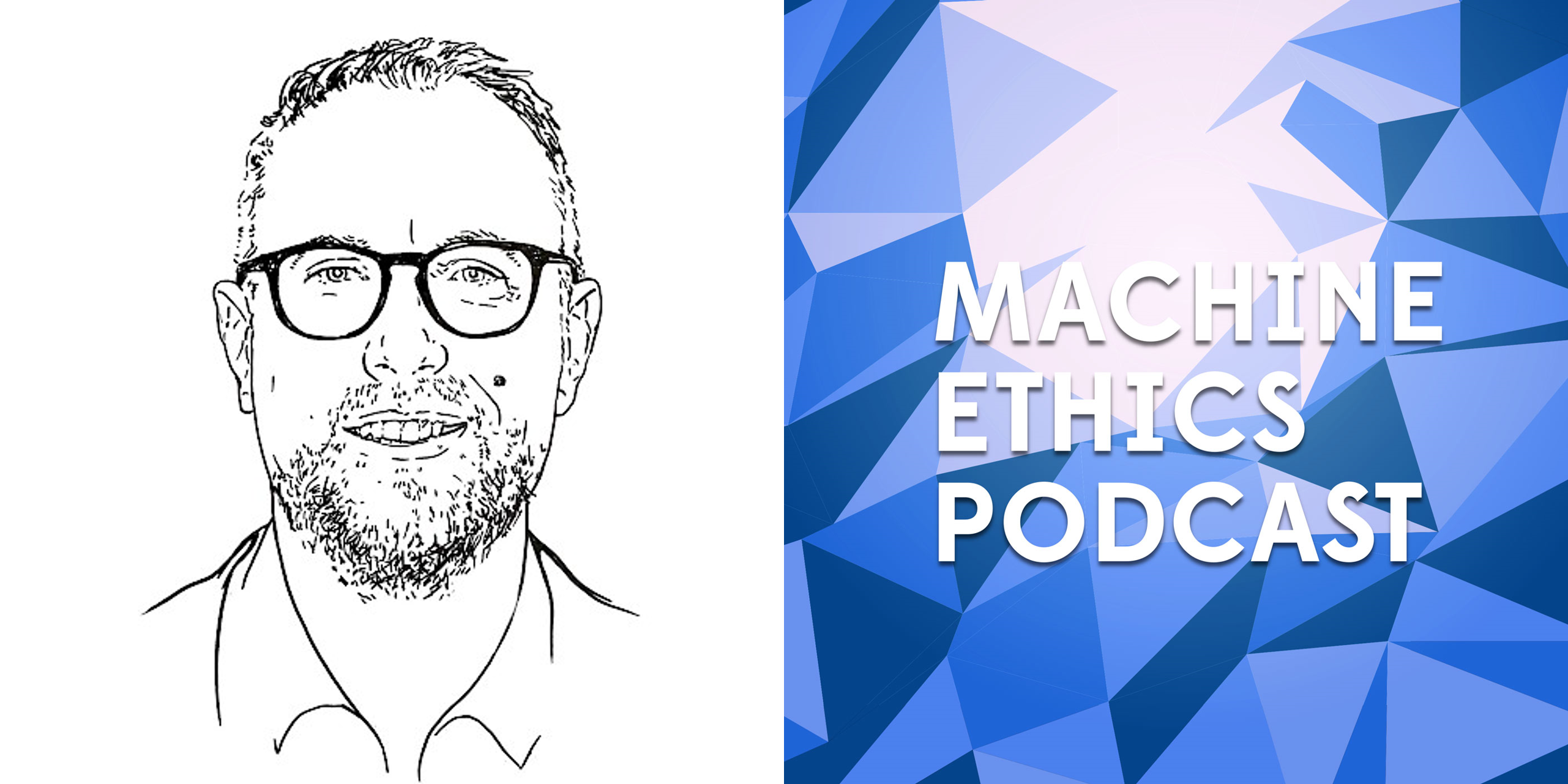
ΑΙhub.org
The Machine Ethics Podcast: The Politics of AI with Mark Coeckelbergh

Hosted by Ben Byford, The Machine Ethics Podcast brings together interviews with academics, authors, business leaders, designers and engineers on the subject of autonomous algorithms, artificial intelligence, machine learning, and technology’s impact on society.
The Politics of AI
This episode we talk with Mark Coeckelbergh about AI as a story about machines and where are we heading in creating human level intelligence, moral standing and robot-animal interfaces, technology determinism, environmental impacts of robots and AI, energy budgets, politics and AI, self-regulation and global governance for global issues.
Listen to the episode here:
Mark Coeckelbergh is Professor of Philosophy of Media and Technology at the University of Vienna and author of more than 15 books including AI Ethics (MIT Press), The Political Philosophy of AI (Polity Press), and Introduction to Philosophy of Technology (Oxford University Press). Previously he was Vice Dean of the Faculty of Philosophy and Education, and President of the Society for Philosophy and Technology (SPT). He is also involved in policy advise, for example he was member of the High Level Expert Group on AI of the European Commission.
About The Machine Ethics podcast
This podcast was created, and is run by, Ben Byford and collaborators. Over the last few years the podcast has grown into a place of discussion and dissemination of important ideas, not only in AI but in tech ethics generally.
The goal is to promote debate concerning technology and society, and to foster the production of technology (and in particular: decision making algorithms) that promote human ideals.
Ben Byford is a AI ethics consultant, code, design and data science teacher, freelance games designer with over 10 years of design and coding experience building websites, apps, and games. In 2015 he began talking on AI ethics and started the Machine Ethics podcast. Since then, Ben has talked with academics, developers, doctors, novelists and designers about AI, automation and society.
Join in the conversation with us by getting in touch via email here or following us on Twitter and Instagram.









